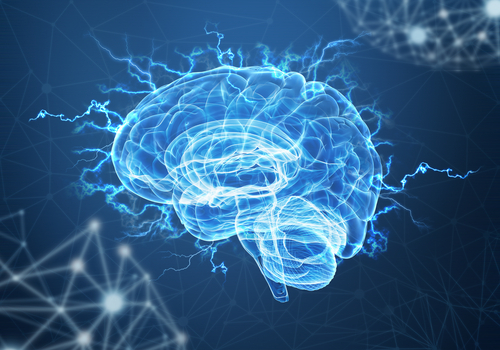Stem Cells from MS, Parkinson’s Patients Voyaging to Space Station to Study Disease Impact on Brain in Microgravity
Written by |

Stem cells from patients with Parkinson’s disease and primary progressive multiple sclerosis (PPMS) are soon to voyage into space, and be brought aboard the International Space Station so cell-to-cell interactions in these neurodegenerative diseases can be studied without gravitational forces acting on them.
This research project, proposed to launch in May from Cape Canaveral in Florida, comes from a collaboration among the National Stem Cell Foundation (NSCF), the Summit for Stem Cell Foundation, The New York Stem Cell Foundation (NYSCF) Research Institute, and Space Tango, a company that specializes in microgravity research and commercial product development.
Scientists with the Summit for Stem Cell and NYSCF Research Institute labs will conduct the first long-term cell culture experiment on the space station.
“We are excited to participate in this pioneering phase of biological research in space,” Valentina Fossati, PhD, a senior research investigator at NYSCF, said in a press release. “This project will optimize procedures for conducting experiments in microgravity and leverage the power of stem cells and organoids to better understand cell-cell interactions within the brain.”
Researchers will use induced pluripotent stem cells (iPSCs), derived from patient’s cells, to produce different types of brain cells as well as artificial tiny brains, or 3D cell aggregates known as organoids. In addition to nerve cells, these organoids will include brain-resident immune cells, called microglia, also derived from the patients’ iPSCs.
Connect with other patients and share tips on how to manage MS in our forums!
They will explore the impact of microgravity in the formation of the 3D cell structures, and in the migration of microglia during inflammation.
“The National Stem Cell Foundation is delighted to be funding innovative science at the frontier of new drug and cell therapy discovery,” said Paula Grisanti, chairman and CEO of the NSCF. “The leading-edge research findings that have developed through this collaboration between important research groups may fundamentally alter our understanding of how and why neurodegeneration occurs.”
Materials necessary to transport and sustain cells during their travel from Earth to the space station will be engineered by Space Tango scientists. The hardware will be sent up in a pilot launched this year, to test the equipment and support structures.
“This is a unique opportunity to study the behavior of neural cells under zero gravity. I’m excited about the project and look forward to learning the results of the experiment,” said Jeanne Loring, PhD, senior science advisor of the Summit for Stem Cell Foundation.
The release did not specify how many patients might be involved or how they might be invited into this project.


